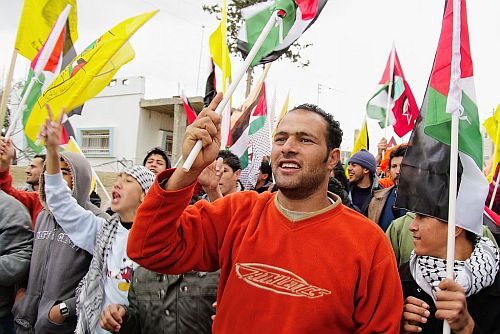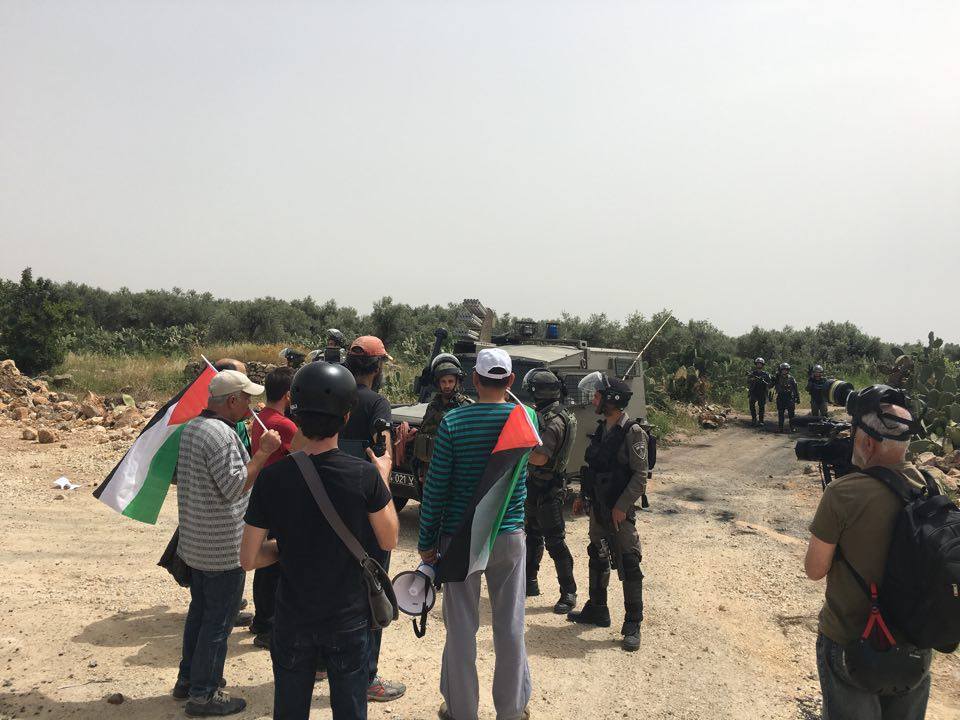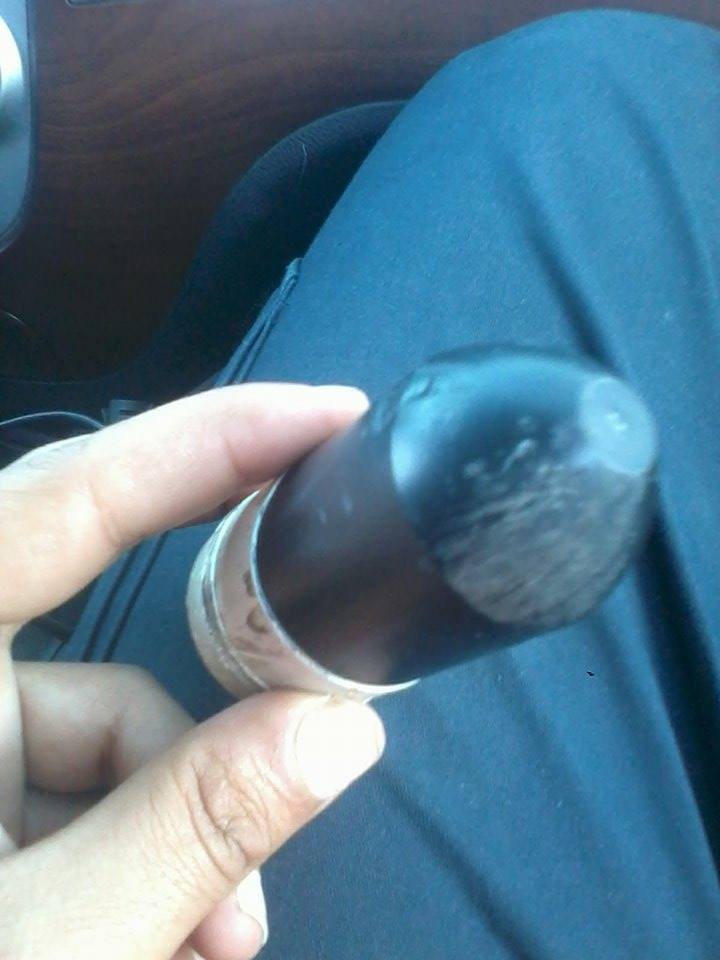Tag: Ethnic Cleansing
-

Bi’lin Protest on the anniversary of the death of Bassam Abu Rahma
17th April 2016 | International Solidarity Movement, al-Khalil team | Bi’lin, occupied Palestine This Friday 15th April, the village of Bi’lin held their long-running protest against the illegal Israeli occupation and Apartheid wall. However, the protest on this day was tinged with further sadness, falling as it did on the seven-year anniversary of the death…
-

Non-violent protest in Ni’lin again met with collective punishment against whole village
12th April 2016 | International Solidarity Movement, al-Khalil team | Ni’lin, occupied Palestine On Friday, the 8th of April 2016, the villagers of Ni’lin nonviolently demonstrated against Israeli apartheid politics, the theft of the villagers land through the building of the apartheid wall and illegal settlements, and the increasing collective punishment of the village of…
-

Targeting of civilians with excessive force in Ni’lin
1st April 2016 | International Solidarity Movement, al-Khalil team | Ni’lin, occupied Palestine On 1st April, the weekly non-violent protest in Ni’lin village commemorated the Palestinian Land Day – and was, as every week, attacked by Israeli forces with endless rounds of tear gas, including long-range tear gas canisters that mainly targeted civilians. The demonstrators,…
